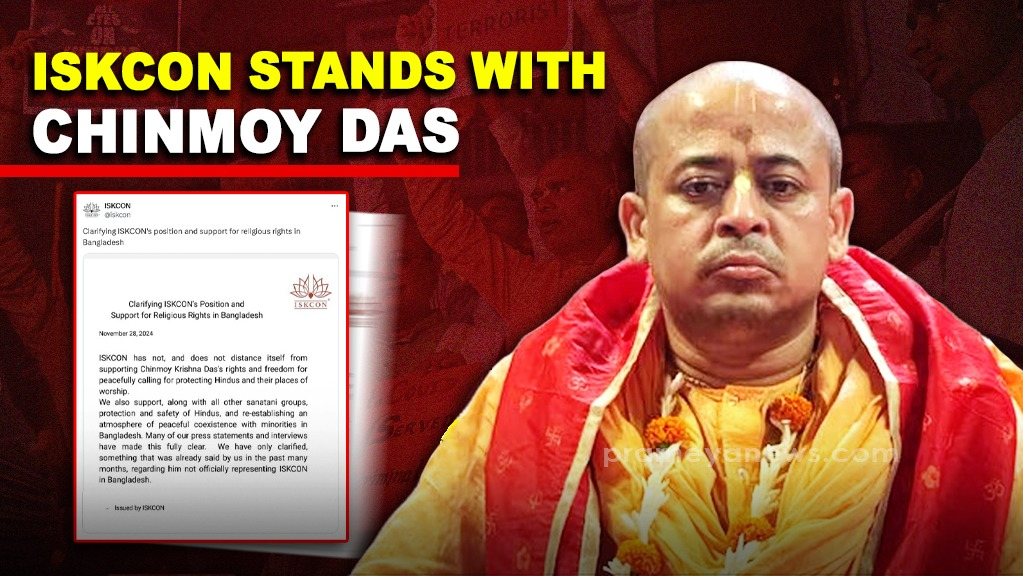

The arrest of Hindu monk Chinmoy Krishna Das in Bangladesh has ignited a firestorm of controversy, raising concerns about religious freedom and the treatment of minorities in the country. Amidst this turmoil, the International Society for Krishna Consciousness (ISKCON) has issued a strong statement of support for Das, clarifying its stance and dismissing claims that it had distanced itself from the embattled monk.
Das, who was expelled from ISKCON in October, was arrested on November 25th on sedition charges by the Bangladeshi government. This sparked protests and led to accusations against ISKCON for allegedly instigating violence, a claim the organization vehemently denies.
ISKCON's statement clarifies that while Das no longer officially represents the organization in Bangladesh, they unequivocally support his right to peacefully advocate for the protection of Hindus and their places of worship. This message of solidarity comes in response to Bangladeshi media reports suggesting that ISKCON had disavowed any involvement with Das.
The situation is further complicated by allegations that Das disrespected the national flag during a rally protesting the alleged persecution of Hindu minorities in Bangladesh. These allegations have led to calls for banning ISKCON, with the government labeling it a fundamentalist organization. However, the Bangladesh High Court has refused to ban ISKCON, stating that such a step is unwarranted in the current situation.
This complex situation highlights the delicate balance between religious freedom, freedom of expression, and the maintenance of law and order in a country with a history of communal tensions. ISKCON's unwavering support for Das, despite his expulsion from the organization, underscores their commitment to defending the rights of Hindus in Bangladesh and promoting peaceful coexistence.
The arrest of Chinmoy Krishna Das and the subsequent developments have brought to the forefront critical issues surrounding religious freedom, minority rights, and the role of religious organizations in society. ISKCON's firm stance in support of Das, despite the political pressure and negative publicity, is a testament to their commitment to their core values. This case has broader implications for the future of religious harmony and freedom of expression in Bangladesh, and its outcome will be closely watched by those concerned with human rights and religious freedom across the globe. It serves as a reminder that the fight for these fundamental rights is ongoing and requires constant vigilance and advocacy.